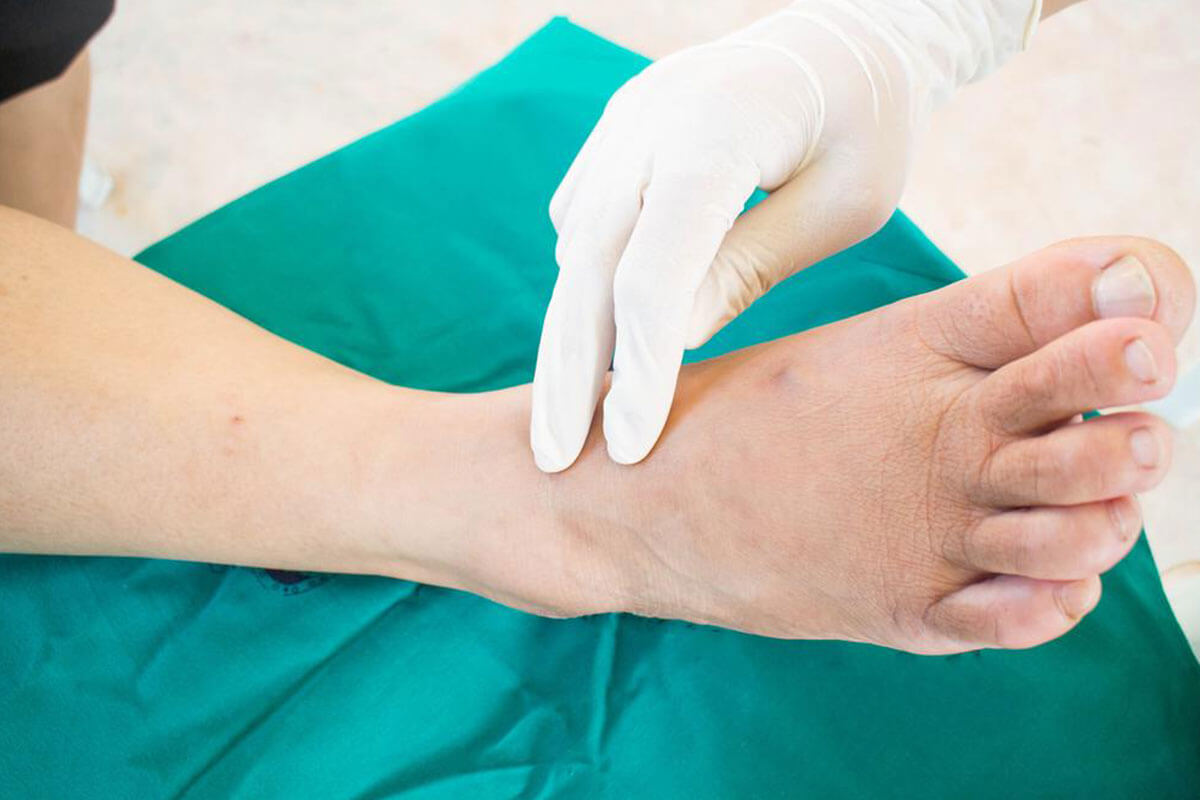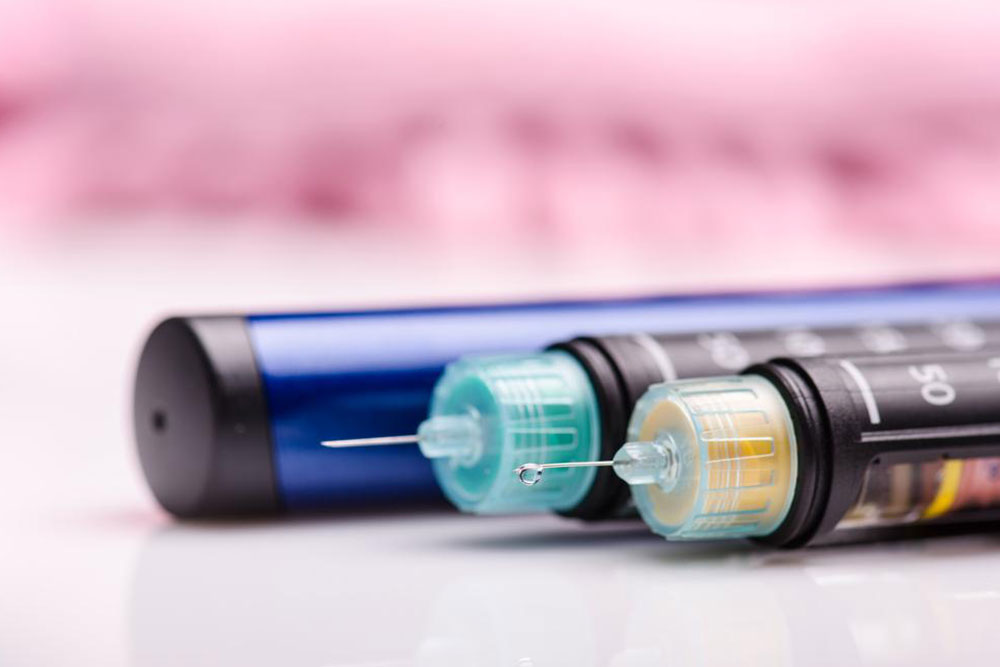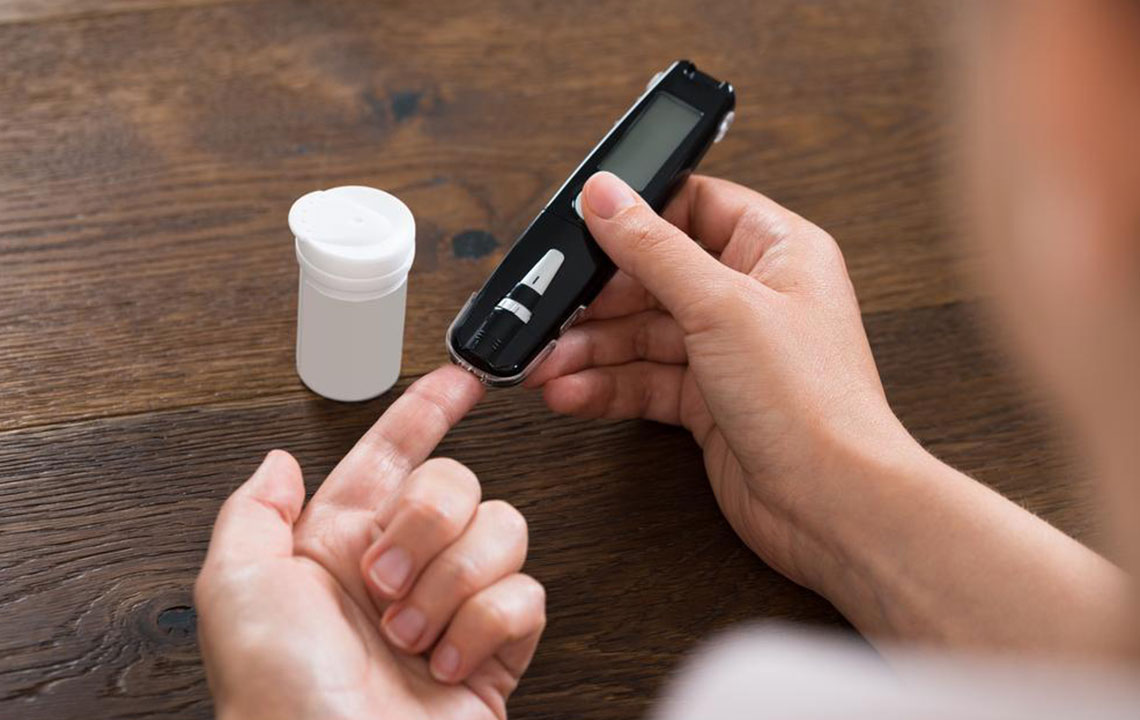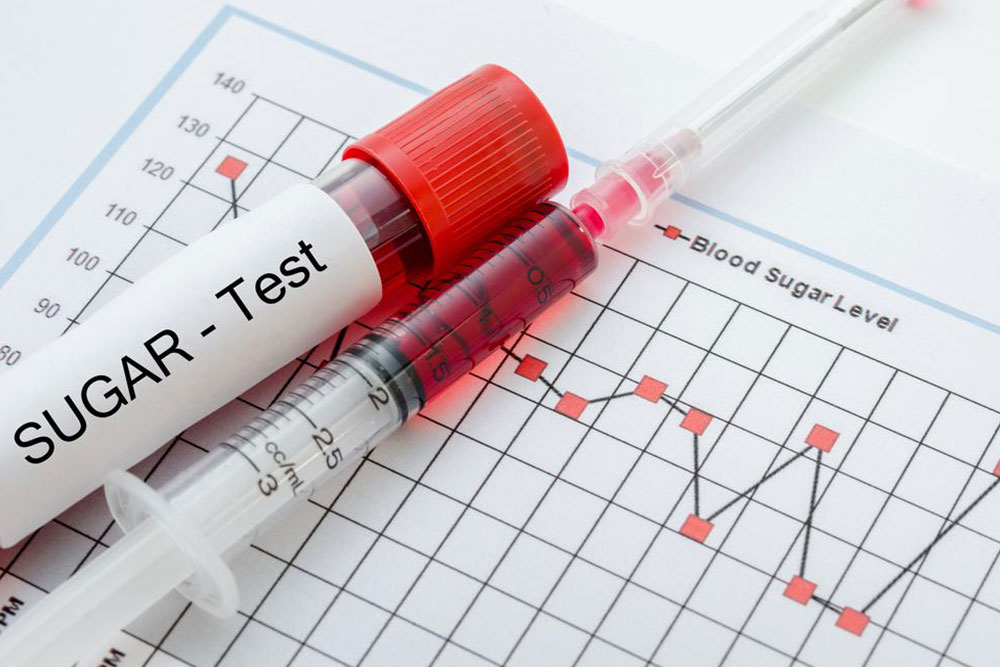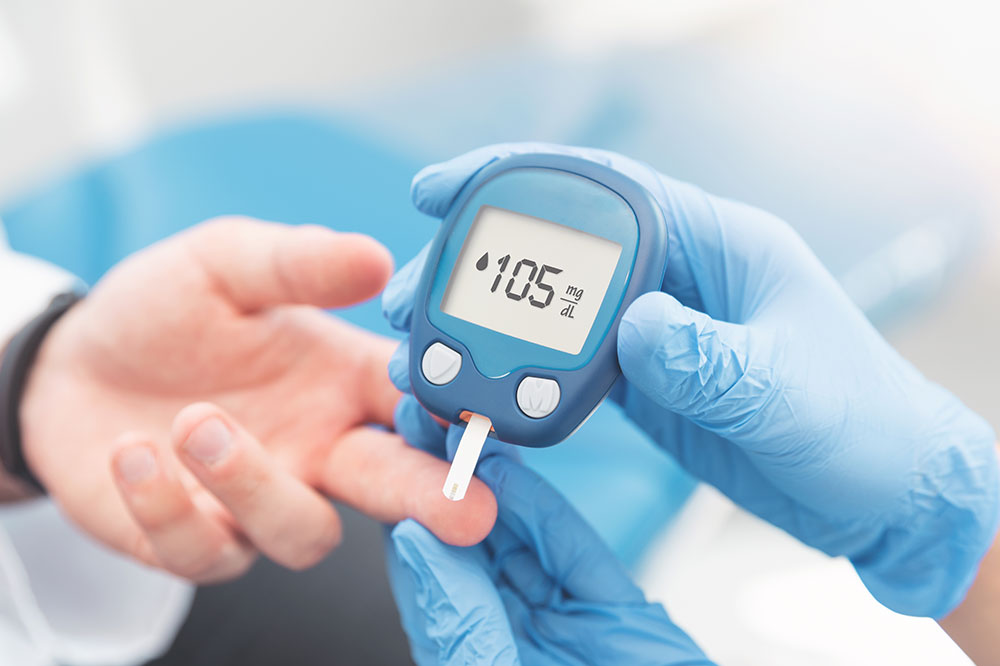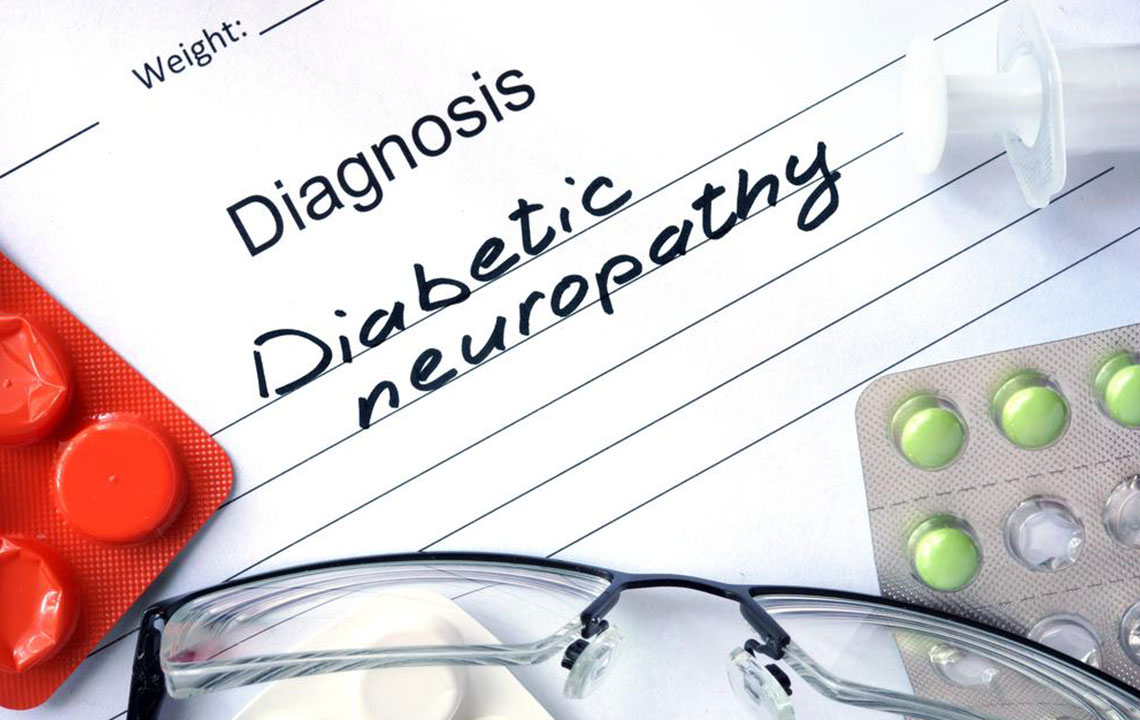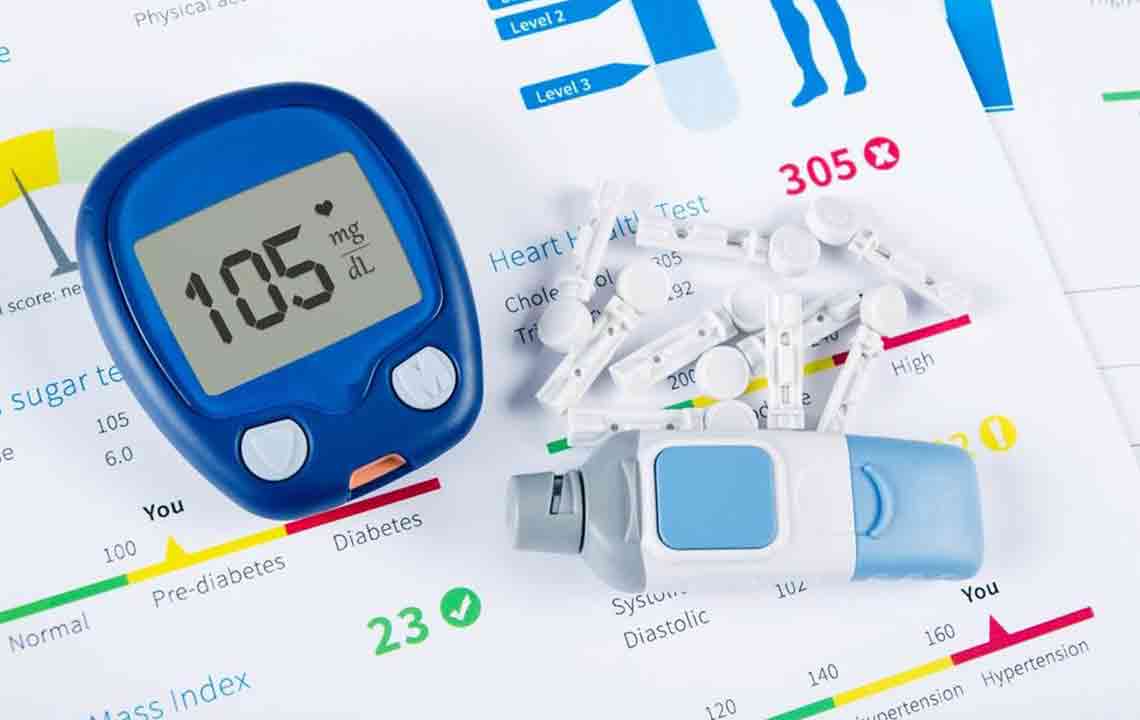Recognizing and Managing Women's Diabetes Symptoms and Treatments
Discover the unique symptoms women experience due to diabetes and learn effective management strategies. Early diagnosis and tailored treatments are essential to prevent severe complications. From infections to nerve issues, understanding these signs helps women take proactive steps toward better health and well-being.

Recognizing and Managing Women’s Diabetes Symptoms and Treatments
Diabetes affects individuals irrespective of gender, but women often experience unique symptoms and complications. The approach to managing diabetes in women involves understanding these differences, which include more complex complications and diverse heart-related issues. Hormonal fluctuations also influence symptoms and treatment efficacy. Recognizing specific signs like vaginal infections, leg pain, polycystic ovary syndrome, urinary tract infections, and sexual health issues is crucial for effective management. Early diagnosis and tailored treatment can help prevent severe outcomes and improve quality of life for women living with diabetes.
Vaginal and oral infections: Elevated blood sugar levels foster fungal growth, causing yeast infections in women’s vaginal and oral areas. Symptoms include unusual discharge, itching, and discomfort during sex. Managing blood glucose levels through medication often alleviates infections. Persistent issues may require antifungal treatments.
Leg pain: Diabetic women may experience leg pain due to nerve damage. Medical treatment includes specific medications for peripheral neuropathy.
Polycystic ovary syndrome (PCOS): This condition, often linked to insulin resistance, presents with irregular periods, weight gain, acne, and depression. Addressing PCOS early is vital to prevent the development of diabetes.
Urinary tract infections (UTIs): UTIs are common among diabetic women, causing painful urination and irritation. Managing blood sugar and taking antibiotics help control infections.
Sexual dysfunction: High glucose levels impair nerve function, reducing sensation and sexual desire. Proper blood sugar management and medical support can improve symptoms.
Monitoring and controlling blood glucose, maintaining healthy lifestyle habits, and consulting healthcare providers promptly are key steps in managing these symptoms. Early intervention can prevent complications and enhance overall health.

